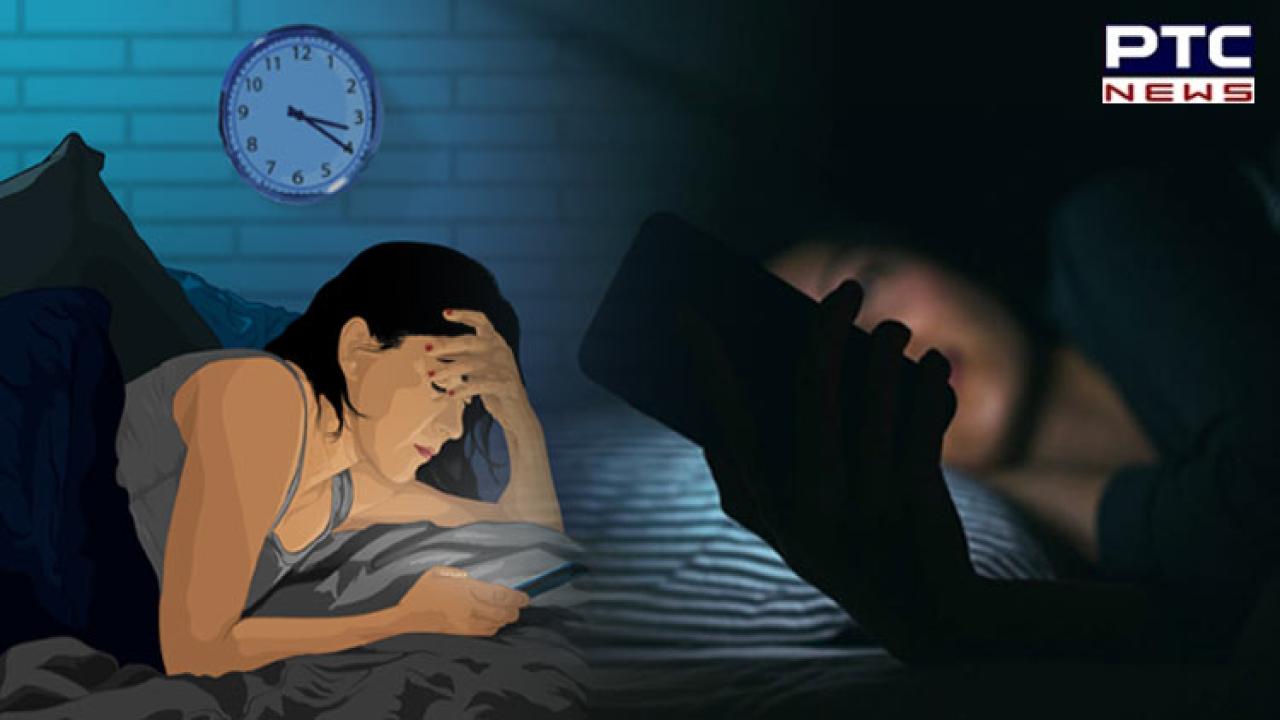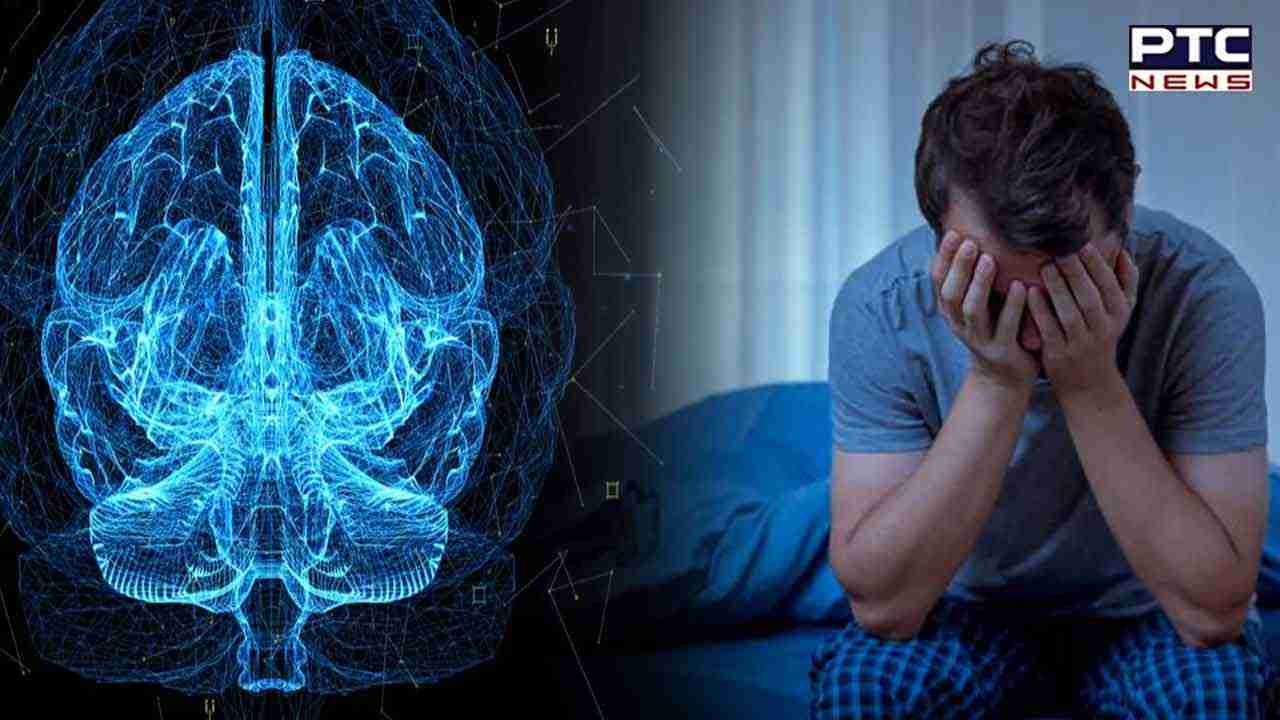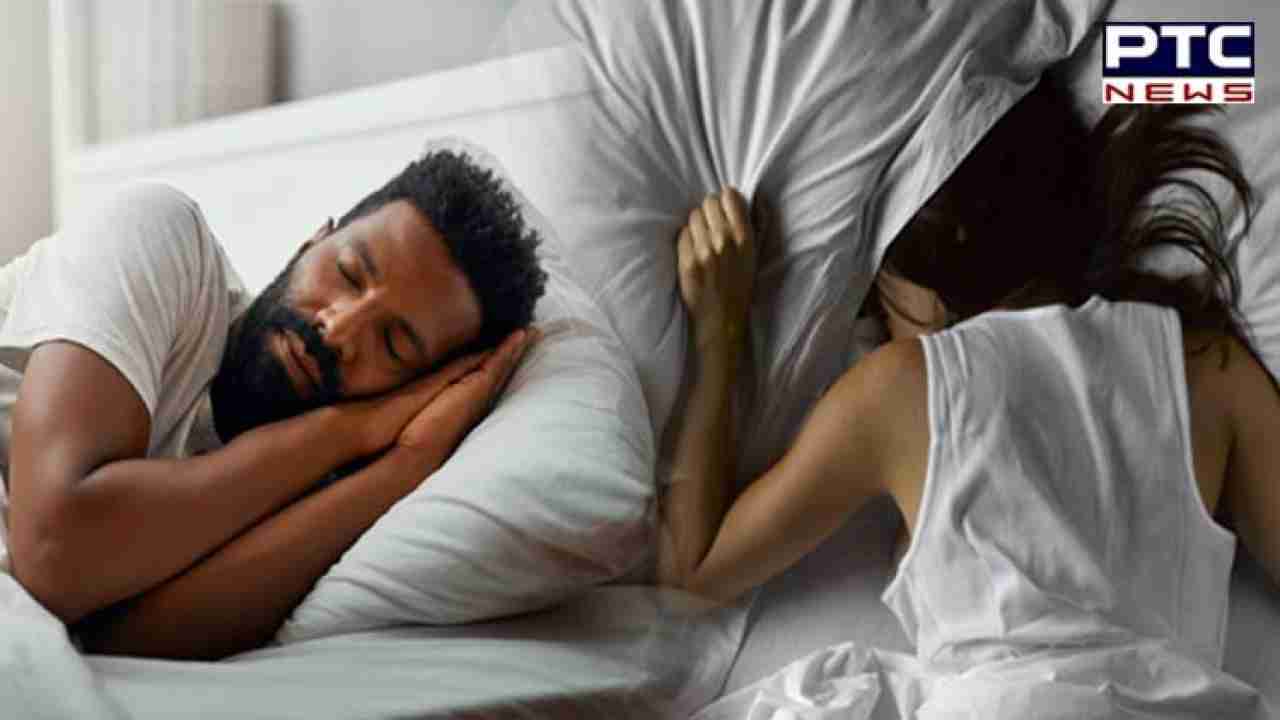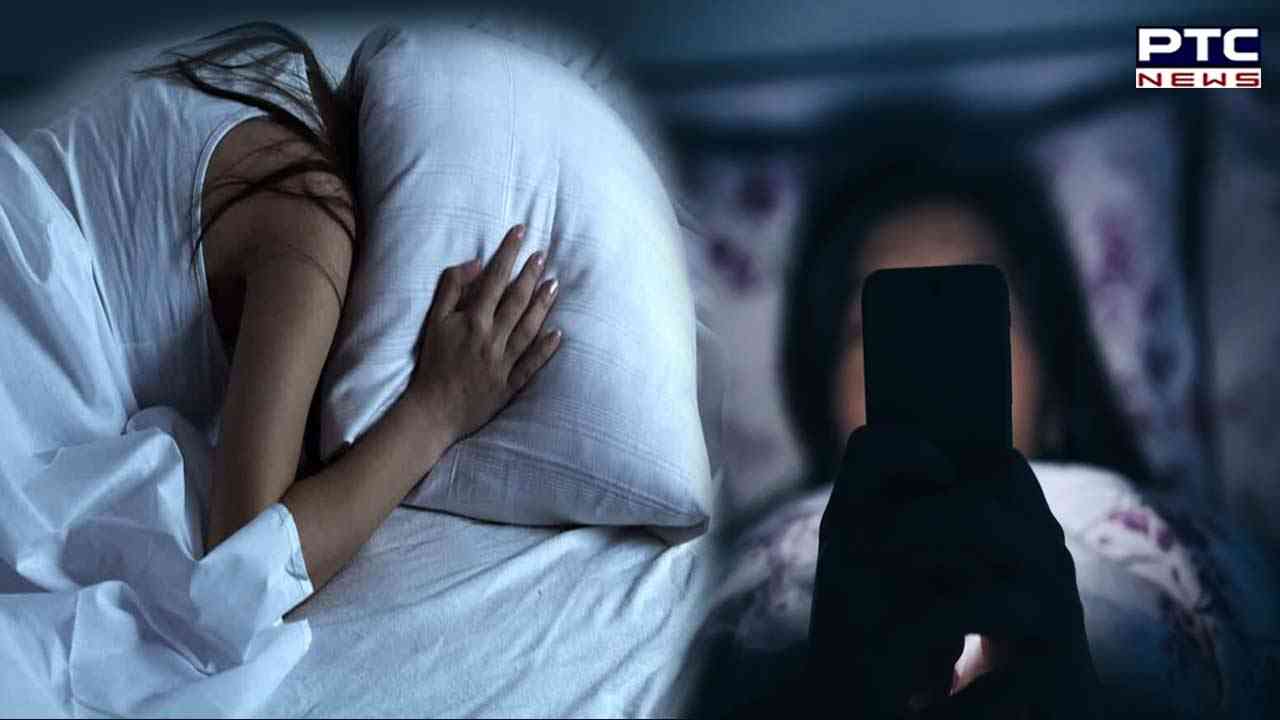

EXPLAINED: How does bedtime social media usage affect sleep?
In today's digital age, social media is deeply intertwined with our daily lives. As bedtime approaches, it’s common for individuals to check their social media feeds one last time to consume the latest news. Platforms like Facebook, Instagram, Twitter, and TikTok have become integral parts of our routine.
According to recent research, media use, such as watching movies, television, or YouTube videos, browsing the Internet, or listening to music, before bed can lead to peculiar diseases.

Disruption of Sleep Hormones: Blue light from screens delays melatonin production, making it harder to fall asleep and disrupting your circadian rhythm.
Mental Stimulation and Alertness: Engaging content keeps your brain active, hindering relaxation and making it difficult to unwind before bed.
Increased Cognitive Load: Processing information on social media can keep your mind engaged, delaying sleep onset and causing fragmented sleep.
Emotional Impact and Stress: Exposure to stressful or upsetting content can alleviate stress levels, making it harder to relax and affecting sleep quality.
Disruption of Sleep Schedule: Late-night social media use can lead to irregular sleep patterns, affecting your overall sleep-wake cycle.


According to the recent study, the data below showcases the age and recommended sleep time:
Four to 12 months - 12 to 16 hours (including naps)
One to two years - 11 to 14 hours (including naps)
Three to five years - 10 to 13 hours (including naps)
Six to 12 years - Nine to 12 hours
13 to 18 years - Eight to 10 hours
18 years and older - Seven or more hours
Sleep is a very important and integral part of our life.
- With inputs from agencies
